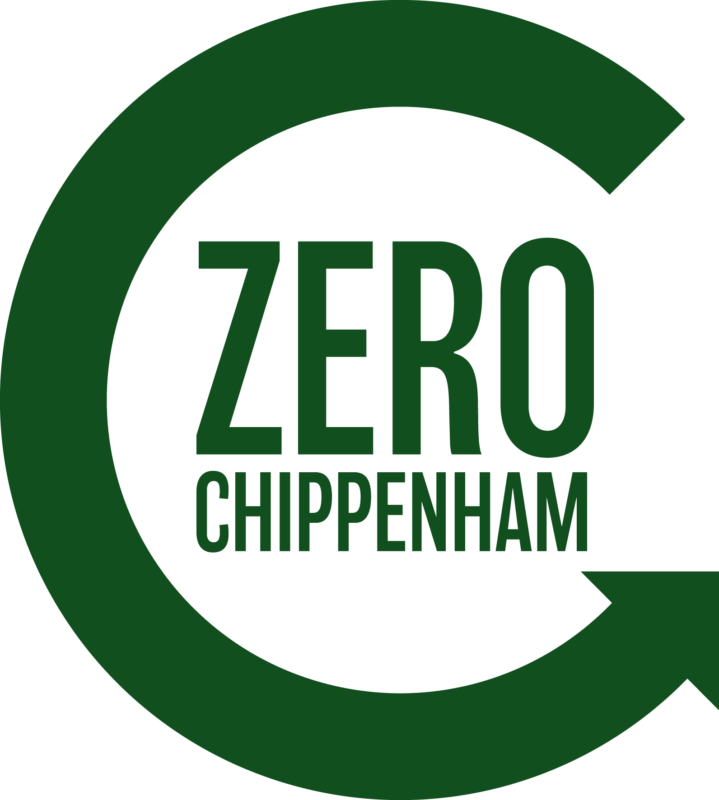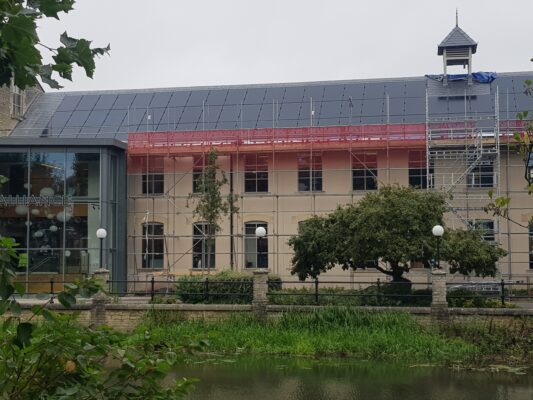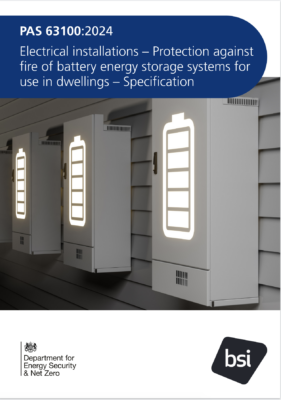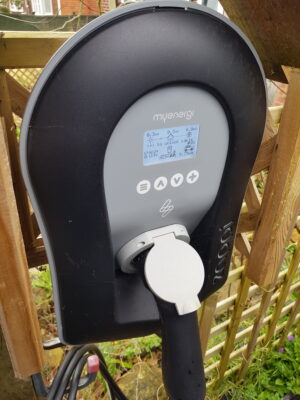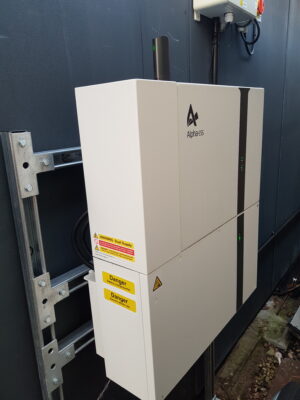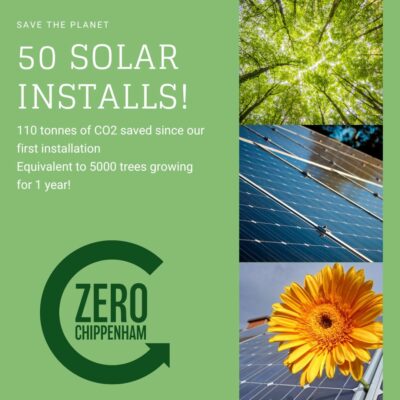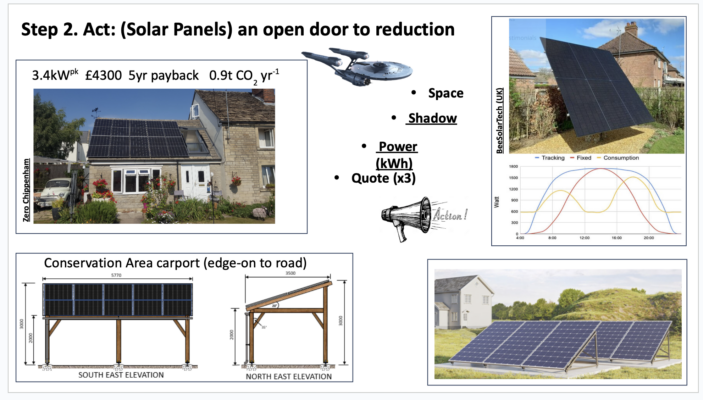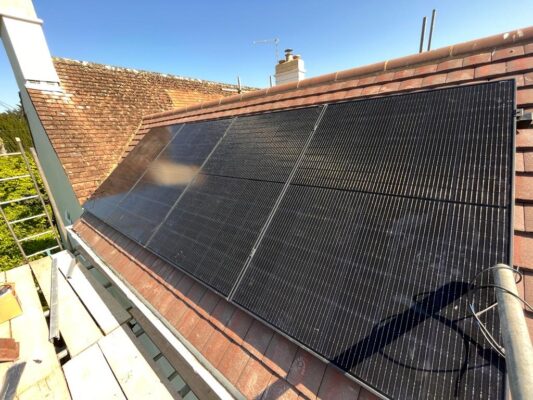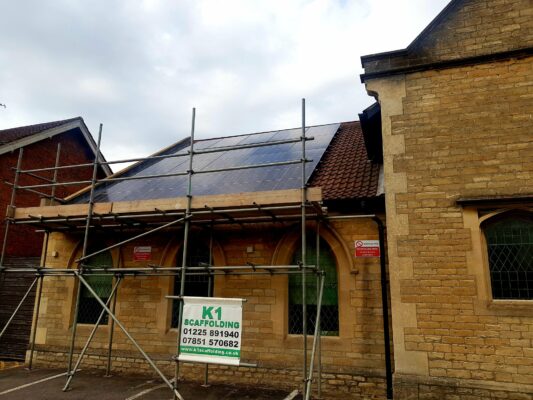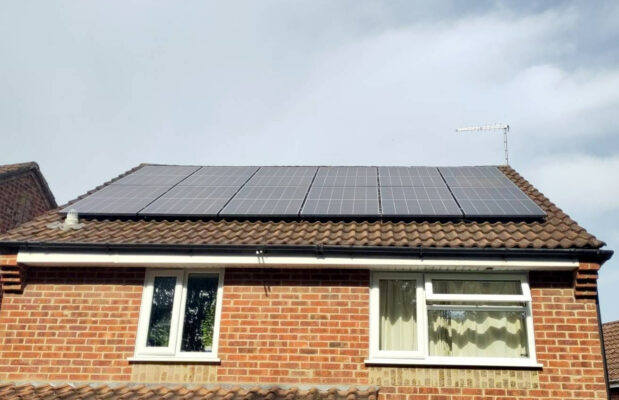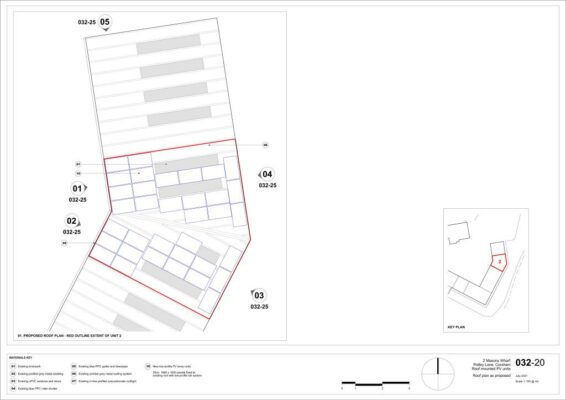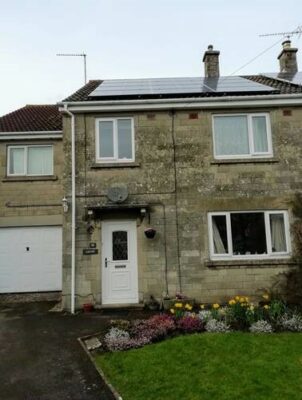Having solar panels on your house reduces your carbon emissions and saves you money on your electricity bills. If you live in Chippenham or surrounding areas, our Community Solar PV Buying Scheme aims to make it easier and cheaper for you to get solar panels installed on your home.
The scheme is run by volunteers here at Zero Chippenham. Zero Chippenham have identified recommended solar panel installers who we believe provide competitive prices, good quality product and high quality installation. On the page below, you’ll find information on How to Apply (including the Form to request a quote) and then Frequently Asked Questions about the scheme and how solar panels work.
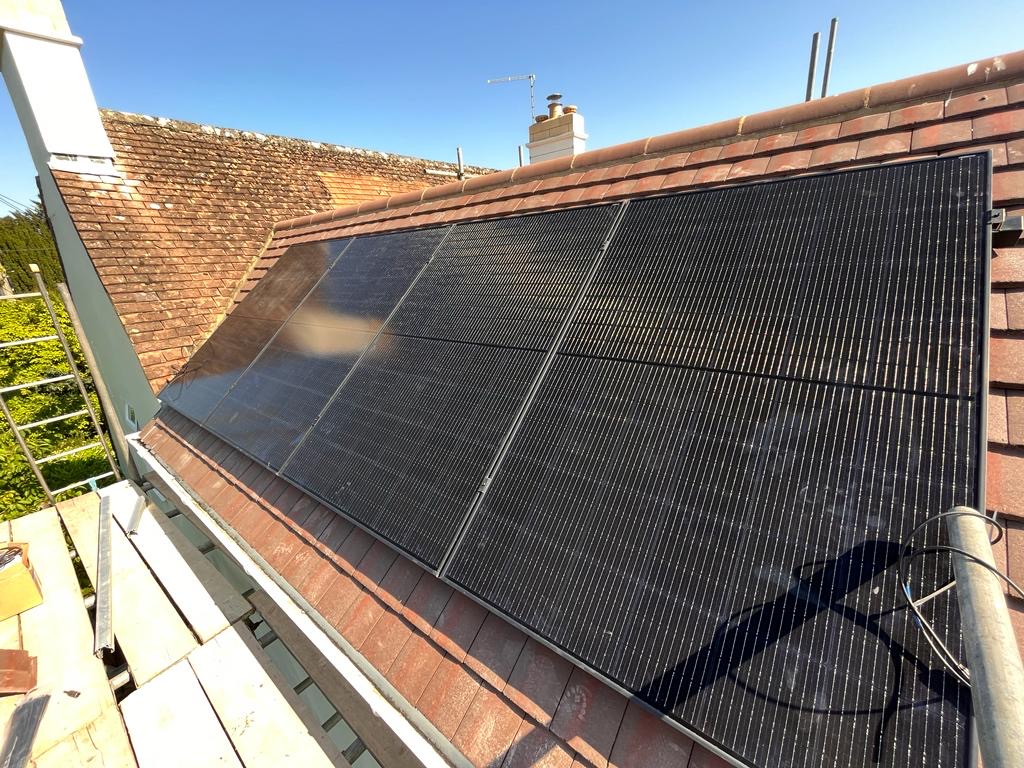
A title
Image Box text
Complete the form
The 3 steps to get a no-obligation quote for solar panels via the scheme are: Complete the form below which we will forward to our recommended installer(s) and reply to you to let you know they will be in contact. If you have any questions we can give informal advice.
No Obligation Quote
Our recommended installer(s) will get in touch with you to discuss, advise and gather additional details to be able to send you a no obligation quoteIf you’re happy with a quotation, you can choose to accept it and go ahead with the installation.
Let us know how you get on?
Help us track the success of the scheme by sending an email to zerochippenham@gmail.com to let us know how you got on. We are Chippenham residents and volunteers and want to see your installation a success. After the initial referral, your relationship is direct with the installer, and it is your decision whether to accept the quote and enter into the contract.
Centre for Sustainable Energy Presentation on Solar Panels, Batteries, and Solar Diverters
In our recent Home Energy workshop at Chippenham Town Hall, Elliot Clark of the Centre for Sustainable Energy explains how Solar Panels, Batteries, and Solar diverters can work in your home.
The good news is the Zero Chippenham Community Solar buying scheme offers considerable discounts over the typical pricing mentioned in Elliot’s presentation!
Want to see how much Electricity your roof top could generate?
Our friends at the Centre for Sustainable Energy have created a free Solar Wizard tool. Simply enter your Postcode and House number and it will calculate your solar installation sizing, payback, energy savings per year, how much export payment you could get, and an install estimate based on MCS price per kW installation costs. It doesn’t result in any quotes or data sharing from installers. It’s a free tool to help you assess what you could generate by putting solar panels on your roof.
Please note the Zero Chippenham Community Solar scheme quotes come in lower than the CSE Solar Wizard estimates for a typical system through the power of community buying.
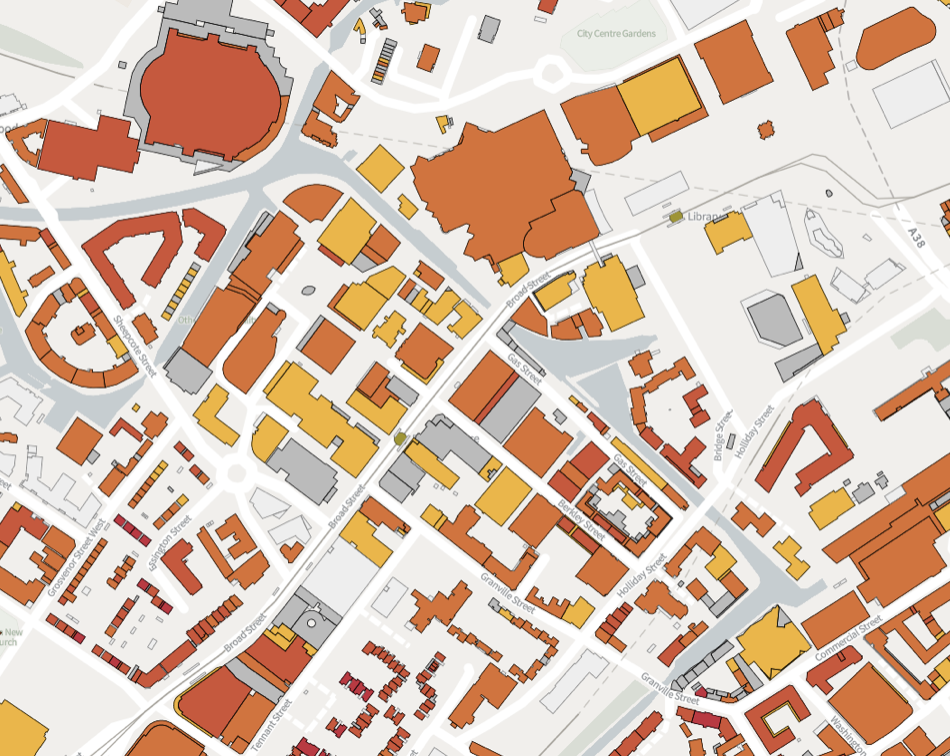
A title
Image Box text
The Zero Chippenham process was easy to use. The Solar installation has helped us reduce lunchtime energy costs when cooking meals.
The Zero Chippenham solar installation formed part of the process to bring my house close to net zero carbon. I’ve recommended the scheme to friends and family.
Installation of 12kW of solar on my industrial unit roof has kept our electricity bill the same as 2016 at a time when our business electricity costs tripled. As a chocolate business our cooling need was greatest when the sun shone.
Frequently Asked Questions
Yes! More than 40 local people have had successful solar panel installations using the scheme.
We recommend installers who we believe can provide great value (discounted prices), good quality product and good quality installation.
Volunteers from the Zero Chippenham team with experience in the solar industry interviewed 7 local installers who cover the Wiltshire area. We chose installers who we recommend based on our assessment of their expertise, accreditations, track record and competitive pricing. We have ensured the installers can provide evidence of insurances, safety and quality accreditation. We checked that the installers are Microgeneration Scheme certified and are bound by the RECC consumer code. The recommended installers are also able to offer particularly competitive pricing because they know they will receive a number of leads via the scheme. This is what we’re referring to when we talk about “discounted pricing”.
The installation company will be the company you place an order with and who you pay to do the work. We recommend you seek independent financial or legal advice as is your right before signing any contract or order.
We interviewed 7 local installers who cover the Wiltshire area, all were asked to quote and we then shortlisted based on a comparison of their prices, accreditation, track record and advice given. The shortlisted installers were asked to provide prices that reflect being a supplier to the scheme (bearing in mind the number of leads they receive via the scheme). Their prices showed discounts ranging between 10% and 20% depending on the size and the selection of product used.
As you can appreciate, every house is different and so being able to offer a like for like comparison and be precise on the discounts possible is not a perfect process, which is why we quote a range of up to 20%. We appreciate you may wish to find prices from the local area to compare to the scheme as is your right. We will be conducting reviews with the installers to ensure we are listening to all feedback from residents and the installers and will make adjustments if there are changes required
Residents of Chippenham and surrounding towns/villages (roughly postcodes SN11, 12, 13, 14 and 15).
Solar PV (Photovoltaic) panels generate electricity when the sun shines on them, so panels are best installed on roofs that roughly face south, as these tend to get the most sunshine.
Panels generate electricity as Direct Current (DC) electricity. This is carried via cables into an “inverter” box (often put close to the panels e.g. in a loft space) which converts it into Alternating Current (AC) electricity. This AC is the same kind of electricity as you receive from the national grid. The AC power is fed into your consumer unit/electricity panel.
Almost certainly not, but your bill should be reduced.
When the solar panels are generating electricity, the power will be used first by any device that is switched on in your house. The power you use like this is electricity you don’t have to pay the electricity company to import from the grid, so that reduces your electricity bill.
Over the course of the year, the average house with a “typical” number of solar panels installed will use more electricity than the solar generates. However as you switch devices on/off and as the weather changes, you may be importing from the grid one minute and exporting the next. At some times of day, you may use more than you generate (so you’ll pay to import the balance from the grid via your electricity bill). At other times your solar may generate more than you are using at that point in time (a surplus).
There may be times of the day when the panels are generating more electricity than you are using in the house. When this happens, there are a few options:
• The default setup is that any surplus electricity is automatically “exported” back to the grid. If you have a 2nd generation Smart meter, you can sign up via the government’s Smart Export Guarantee (SEG) scheme to sell the surplus electricity to an electricity company (this doesn’t have to be the same as your electricity supplier). This is the easiest option with the lowest up-front costs, but you should be aware that the price you’ll be paid for electricity you export to the grid will be much less than you will pay for electricity you import. You can supplement this option by also trying to use electricity when the sun shines (e.g. running the washing machine during the day).
• If you have a hot water tank, and alternative option can be to get a device installed that automatically uses any surplus electricity you generate to heat water in your hot water tank using an immersion heater.
• Another option that is gaining in popularity is to invest in a battery system which stores any surplus electricity so it’s available for you to use when you need it. This is normally the most expensive option up-front, but helps minimise the amount of (more expensive) electricity you need to pay to import from the grid.
Our recommended installer will be able to give advice on the options to help you make a decision.
Zero Chippenham are a not for profit volunteer run organisation. Our aim is to help Chippenham become a net zero carbon town by 2030. Solar panels are a great way to generate your own electricity, but it can be confusing identifying reputable installers. We have tried to remove this worry by vetting installers and also agreeing a best price group buy discount for Chippenham and surrounding village residents. To facilitate this we also partner with Sustainable Calne and RWB Environmental.
We are happy to help with impartial advice on renewable energy regardless of whether you choose to use the scheme. As we are part time the best means of contact in the first instance is to email us.
We receive a small referral fee of £50 for completed installations which we use for other zero carbon projects, or pass to Sustainable Calne or RWB environmental if the referral came from them.
There two very important accreditations for Solar PV installers.
- That the installer is Microgeneration Certification Scheme Certified MCS certified This is the industry wide certification for solar PV installers. As well as validating the standard of installations it gives you an independent quality measure of the installer. You can cross check on the MCS website for installer certification. Some companies claim they are MCS certified on their websites, but actually use an umbrella company for their certification. So it’s always worth checking directly on the MCS website. It is almost impossible to apply to receive a Smart Export Guarantee payment for any excess solar you generate without having an MCS certified installation. Note: It is not only the equipment that needs to be certified, but the installation as a whole.
- NAPIT or NICEIC certified. These are government approved UK accreditation bodies for Electricians. This certification allows the electrician to install and test the electrical installation and certify that it meets Part P of the building regulations Electrical safety. Your new installation must be signed off as being Electrically safe.
- Electricity supply authority approval (SSE). As part of the installation process our installer will liaise with SSE to obtain either G99 pre-approval or G98 post installation approval. The type of approval required is determined by the size of the installation, in particular the inverter sizing. A typical 4kWp installation with a 3.68kW inverter falls under the G98 post approval process. Larger installations require pre-approval via G99.
- Beyond this we use the experience of our members in renewable energy to vet installers for quality and reputation. In some instances this involved ‘blind’ testing. The consequence is since the scheme was launched in 2018 we have only worked with three installers to date (Sept 2023).
- We follow up on installations to see how they progress and what peoples experiences are.
We have been asked why our installer isn’t Checkatrade approved?
The honest answer is we don’t consider this a relevant factor (no offence to Checkatrade!). We have used the expertise and experience of our volunteer members who have years of experience in solar and electrical installations, to vet our installers for competence. We also follow up enquiries to see how they progress and get feedback from applicants. The MCS, NAPIT and/or NICEIC accreditations are the relevant quality approval checks for solar installations.
A recent applicant asked if our scheme was Octopus compatible?
The answer is yes! The important factor here is that the installation is MCS certified and signed off for Electrical safety under Part P of the building regulations (see the accreditations FAQ for more information). It will also be G98 or G99 approved by the electricity network supply authority SSE. This comes in the form of an acknowledgement email that our installer will pass you on completion along with the necessary MCS certification number.
You will enter or upload this information when applying to switch to Octopus or receive payment for solar export.
As part of your installation you will almost certainly move in the near future to a smart meter if you don’t have one already. In order to obtain payment for excess solar you generate through Octopus or whichever energy company you choose, you will need to provide them the MCS certificate number of your installation and confirmation of G98 or G99 approval. That’s it.
Octopus will install a Smart meter if you don’t have one as they will need this to remotely record your usage and generation. If you have both import and export with Octopus you’ll then receive a bill for the energy you use, and a credit note for the energy you generate each month. You don’t have to have both import and export with the same electricity company, but many such as Octopus offer a much better export rate if you do – 16p/kWh exported vs 4p/kWh for example.
Many Zero Chippenham members who had solar installed through the scheme have been through this process.
